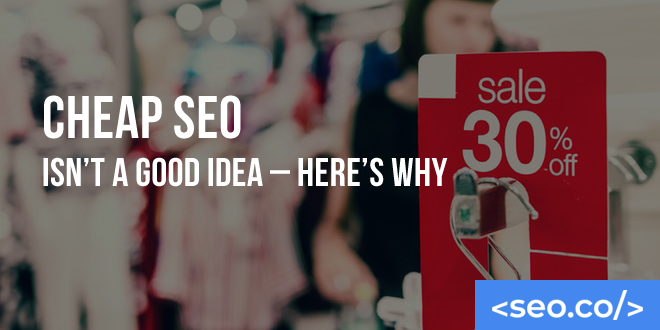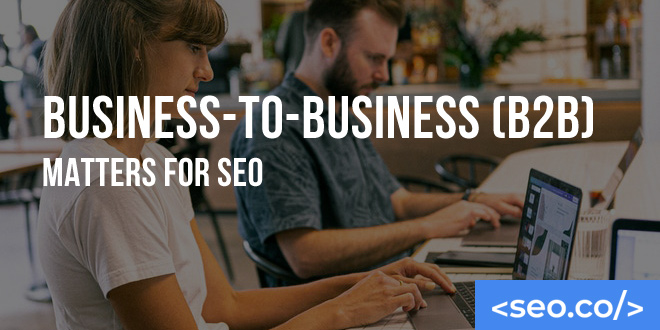
Using Rich Snippets to Improve SEO, Link Building & Click-throughs
Rich snippets are the bits of information that you see alongside major entries in Google’s (and other search engines’) SERPs. Rich snippets are actually a form of structured data or structured markup, which is an organizational format used by search engine crawlers to properly understand and categorize your site, while using bits of that information to aid searchers in finding their intended destinations. Rich snippets usually appear in the SERPs like this: On the surface, it may not seem like rich snippets have much power, but they’re growing in importance as search engine functions expand and users demand more from their typical onsite experience. The Purpose of Rich Snippets First, you have to understand why rich snippets exist in the first place. Providing information to searchers The first and perhaps most important role of rich snippets is to provide valuable information to searchers. As a simple example, the meta description of a given page always pops up under the page title. This description informs a reader of what they might expect should they decide to click through, and could either persuade or dissuade that user from clicking accordingly. Other information, like product information, review ratings, and notifications like “in stock” can also qualify as rich snippets so long as they appear in Google’s actual search result. Providing categorization information to Google Google loves rich snippets because they help its algorithms understand the purpose of individual pages. Your page titles do much to inform the search engine about the topic of your page, but rich snippets offer more in-depth, specific information that Google can then use to ensure your site shows up for relevant searches. Providing raw information to Google Additionally, Google uses rich snippets (and other forms of structured markup) to accumulate raw information that it can then compile in its Knowledge Graph, which provides direct answers to common user questions. This doesn’t help your site in any meaningful way, but it’s another reason why Google loves to see rich snippets. Increasing your domain authority (eventually) Currently, there is no ranking benefit to including rich snippets throughout your site. However, Google recently implied that rich snippets will be considered in its master ranking algorithm eventually, meaning your inclusion of rich snippets will eventually pay off in the form of higher ranks. How Important Are Rich Snippets? Now that you’re familiar with the general purposes of rich snippets, we can take a look at exactly how important each of these functions are to your site. Earning higher rankings Like I mentioned above, currently there’s no direct ranking benefit in including rich snippets on your site. However, if your rich snippets are detailed and compelling enough to encourage a greater number of click throughs, you might earn a slight increase in rank from that extra relevant traffic. In the future, rich snippets can (and almost certainly will) benefit your rank. Increasing traffic Rich snippets are highly important for attracting more links (instead of manually building links) and clicks from your search rankings. In fact, you can generally count on an increase of up to 30 percent when you include rich snippets versus leaving them out entirely. That’s a major increase for a relatively simple step, so it’s definitely worth your time to include. The more detailed, concise, and compelling you are in the language you use, the better results you’ll see. Multiple purposes Also keep in mind that some pages (and some sites in general) stand to benefit from rich snippets more than others. For example, an ecommerce site might be able to show off newly discounted prices, or items that are in stock, or user ratings of specific products all within a search entry to maximize the chances of eventual conversion. Sites that can take advantage of this should always use rich snippets, no matter what. The future of rich snippets In the next few years, Google is going to do more to reward sites that offer rich snippets, and users are going to become more reliant on them to make informed decisions. They’ll also become easier to incorporate and manage as technologies respond to these needs. In short, rich snippets are very important already, and will continue to grow in importance over time. How to Implement Rich Snippets Some CMSs offer easy editing for rich snippets, enabling users to directly manipulate the information that search bots pull from your site. In other cases, you’ll have to enlist the help of a developer, who can directly encode the information in the code of the site. Either way, you’ll have to make the time and effort to establish appropriate rich snippets for each page of your site. If you aren’t familiar with structured data or microformatting at all, a good place to start is Schema.org. Schema microformatting is the generally accepted system of categorization on the web, sponsored by Google, Microsoft, Pinterest, Yandex, and other major brands. On their site, you’ll find all the tools, tips, and instructions you need to incorporate proper structured markups on your site. If you haven’t already, work to include rich snippets for all your site’s pages. They’ll work wonders in increasing click throughs to your site, and in the future, they might even increase your rank. Just be sure to keep a close eye on new developments in this area, as microformatting is liable to evolve over the next several years. If you need help implementing your rich snippets, we can certainly help! Or, if you want to learn more about our white label SEO and content marketing services? Get in touch today!







